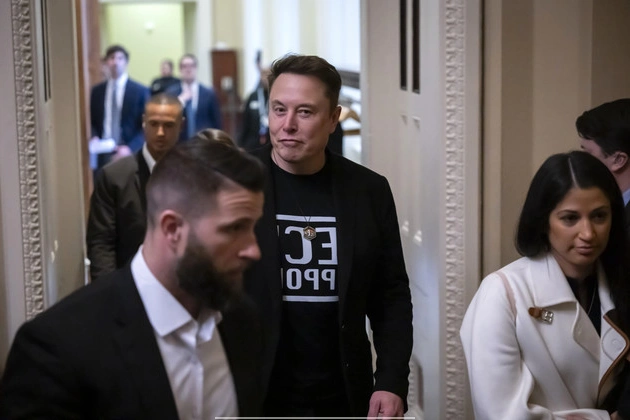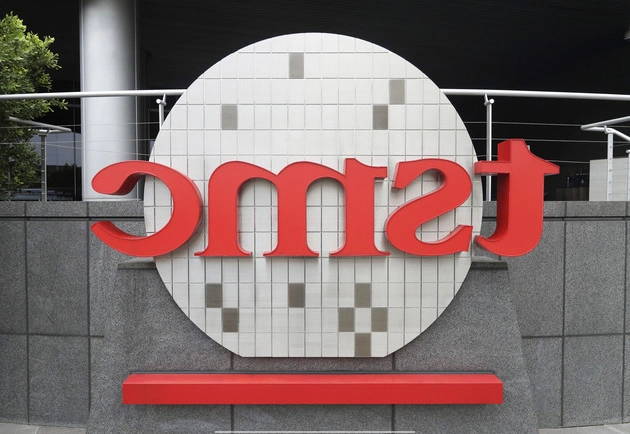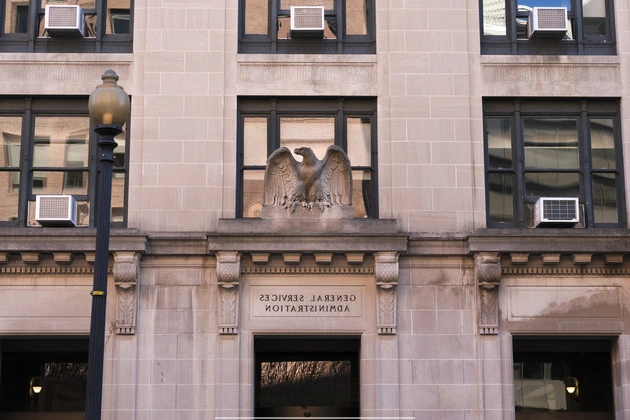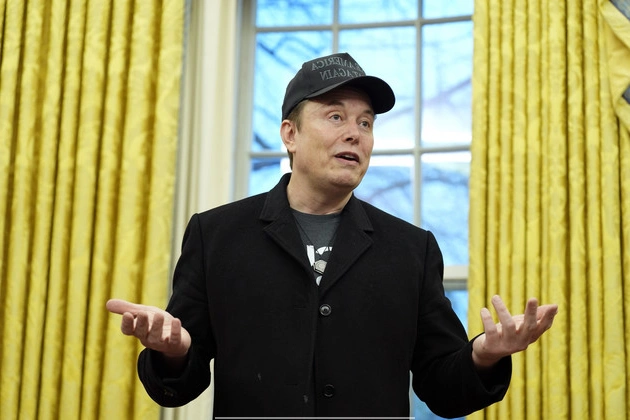
As 2024 drew to a close, the showdown over the Kids Online Safety Act unfolded, pitting Facebook’s Mark Zuckerberg and Meta against a formidable array of opponents. Despite facing significant bipartisan support for the legislation aimed at curbing the adverse effects of social media on children, Zuckerberg emerged victorious, thanks in part to House Speaker Mike Johnson’s role in halting the bill’s progress.
The lobbying efforts spearheaded by Meta, which owns Facebook and Instagram, played a pivotal role in derailing the proposed legislation. Utilizing a team of lobbyists, including former House Republican aides, Meta strategically maneuvered to sway Republicans against the bill, citing concerns over free speech restrictions and government censorship.
This triumph for Zuckerberg and Meta marks a significant turnaround in their relationship with the GOP, which had soured following contentious events during the pandemic and the 2020 election cycle, culminating in Facebook’s ban of former President Trump in 2021.
While Meta remained silent on the Kids Online Safety Act, advocacy groups like NetChoice, of which Meta is a member, actively opposed the bill, framing it as a threat to free speech and conservative values. House Republicans, led by Johnson, echoed these sentiments, expressing apprehensions about potential censorship and vowing to address online child safety through future legislation.
Despite the Senate’s overwhelming support for the bill, the House’s refusal to advance it underscores Zuckerberg’s successful efforts in fortifying ties with the GOP, particularly as Republicans gear up for increased influence in Washington.
Amidst earlier conciliatory gestures from Zuckerberg towards critics and signals of willingness to compromise on the legislation, the tech industry, led by NetChoice, staunchly resisted the bill’s provisions. The evolving dynamics surrounding the bill highlighted a clash between proponents advocating for stricter regulations on social media platforms and opponents emphasizing the protection of free speech rights.
The tech industry’s legal challenges against state laws resembling the Kids Online Safety Act further underscored the intense debate surrounding online speech regulation. Meta’s substantial lobbying expenditures and political contributions, predominantly directed towards Republican lawmakers, underscore its strategic efforts to shape policy outcomes.
Furthermore, Meta’s substantial investment in a Louisiana data center project, the largest of its kind in the state’s history, exemplifies the company’s commitment to expanding its operations and infrastructure across the country.
As Speaker Johnson and advocates like Maurine Molak continue to champion online safety measures, the complex interplay between technology, regulation, and free speech remains a central point of contention in the ever-evolving digital landscape.















